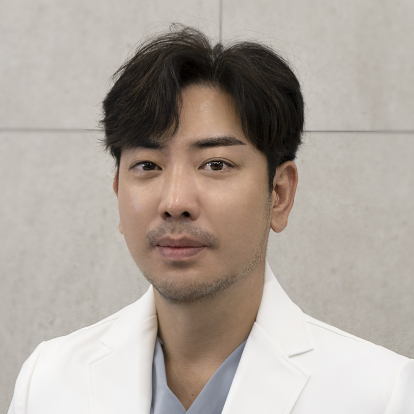There are many people who complain about the short doctor's consultation, and there is something I want to say to them.
To summarize first, counseling should be a question-and-answer session, not a lecture-type session.
Doctors are people too. I'm tired and nervous about the surgery, but I'm fed up with the influx of counseling and having to give the same explanation every 10 to 20 minutes. Even if you tell me about the surgery in detail like a university professor, there is a much higher chance that this patient will not have surgery in his hospital.
(This is completely my opinion.)
Etc etc. Against this background, the doctor gives a brief explanation, asks questions, and sends the patient with no questions.
Now, let's go to the patient position.
I made a reservation several days and weeks in advance because the hospital was famous. On the same day, I left early from the province and arrived on time, but I waited an hour longer.
I just got to see a doctor. However, the consultation with the doctor was over in less than 10 minutes. After that, the manager's business is several times longer.
the patient thinks 'As expected, all big and famous hospitals are lies. Everything I've seen is a broker's advertisement.'
The hospital only wastes time and excludes that hospital.
In the above situation, it seems that there is an invisible external conflict between the doctor and the patient.
I think the role of the patient is important in resolving this conflict.
Patients should go to counseling with basic information about the surgery if it is a surgery that determines their life.
I think it is, at least in plastic surgery, because it is not a surgery that needs to be done urgently because of injury or pain, but a plastic surgery that is chosen with time.
As mentioned in the video, patients should fill out a list of questions based on the information they have found out before going to the hospital. I think we should be considerate of the doctor and the hospital's counseling system while conducting question-and-answer consultations with doctors.
If you consult in the above way, you will most likely not have any complaints. The only choice left is whether to operate at that hospital.
However, if you feel that the doctor is unfriendly and gives a rough explanation,
you can skip it. At least one out of five places will be trusted. If you still think it's not enough, you can go around 10 or 20 places. If you consult like that, you will also build plastic surgery knowledge and get closer to better counseling and surgery results.
Korea's molding technology is the best in the world. If you trust after consultation, just leave everything to the doctor after that. Even if we are anxious, there is nothing more we can be weird about unless we are medical students.
If the desire for plastic surgery is less than the anxiety, you will not have surgery, and if it is the opposite, you will go on the operating table.
It was long. I haven't done plastic surgery yet, but I'm leaving a post on the way.
 님
님
 앞으로뒷태
앞으로뒷태






 룽룽
룽룽 







